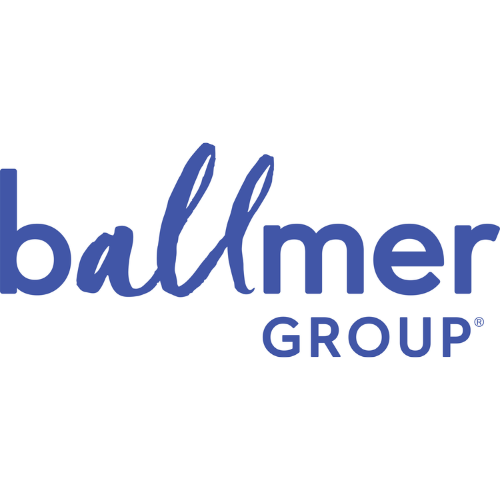Learn About Our Previous Open Call
Maximizing the Harvest
On-farm produce loss is a major contributor to food waste, with U.S. farms generating more than 17 million tons of surplus food in 2023 alone. This surplus—nutrient-rich fruits and vegetables—represents a missed opportunity to reach its original intended consumer, all while millions face hunger. ReFED’s Catalytic Grant Fund is seeking innovative technologies, solutions, and initiatives that can reduce on-farm waste, maximize the value of surplus produce, and establish new market opportunities while increasing profitability for farmers. Join us in eliminating and valorizing on-farm food loss!



